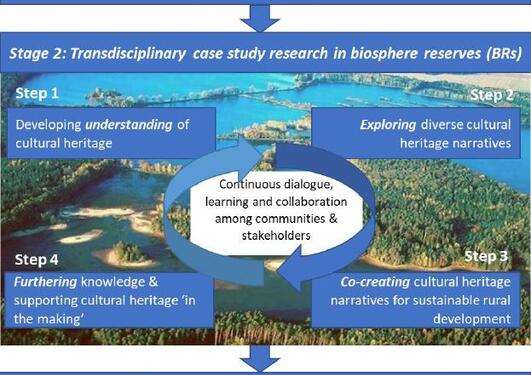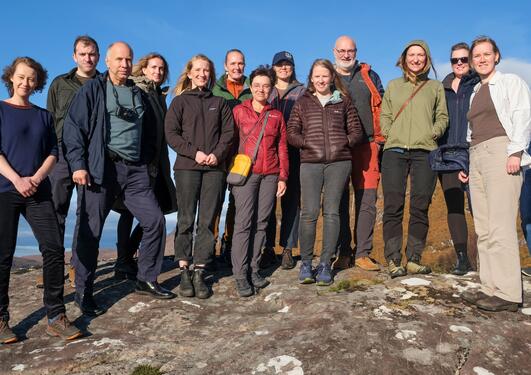Co-creating cultural narratives for sustainable rural development: a transdisciplinary learning framework for guiding place-based social-ecological research
The CULTIVATE project recently had its first paper published in Current Opinion in Environmental Sustainability. In this paper, the authors present a novel transdisciplinary learning framework that links notions of cultural heritage, landscape, and social-ecological systems thinking to support sustainable rural development.

Main content
Abstract
Place-based social-ecological research is crucial for understanding local sustainability challenges. However, lack of transferability of insights to other locations and to larger scales remains challenging. In this paper, we present a novel transdisciplinary learning framework that links notions of cultural heritage, landscape, and social-ecological systems thinking to support sustainable rural development. Continuous dialogue, learning, and collaboration among communities and stakeholders, including researchers, take centre stage in this framework. We outline the four steps of the framework, conceptually integrating and operationalising how dialogue, learning, and collaboration can take place in each step. We tested the framework in the CULTIVATE project, which explored the role of cultural heritage narratives in supporting sustainable rural development in four European UNESCO Biosphere Reserves. The framework successfully guided our research and comparative cross-case analysis, thereby contributing to aggregate learnings from place-based social-ecological research to develop knowledge at the national or global scale.

